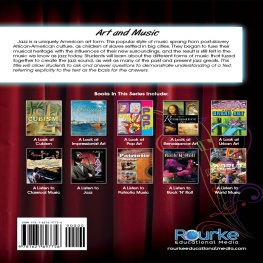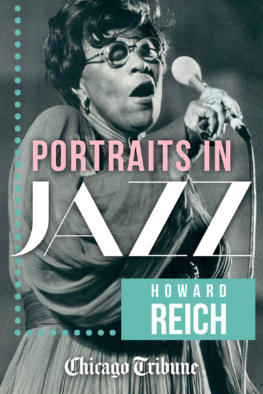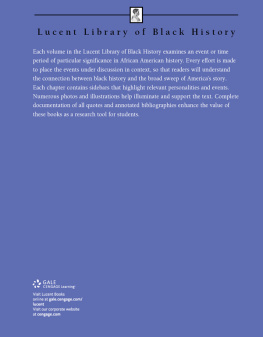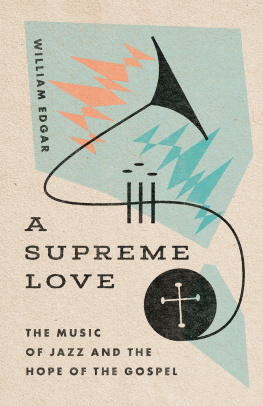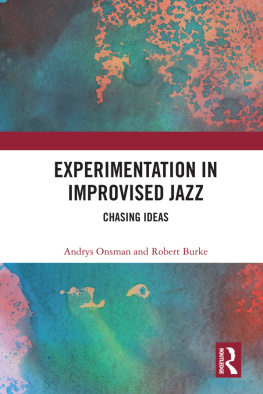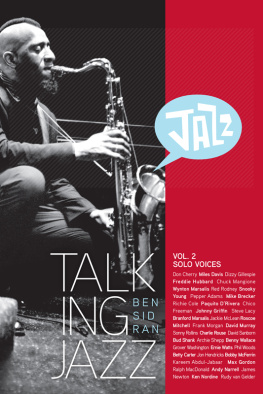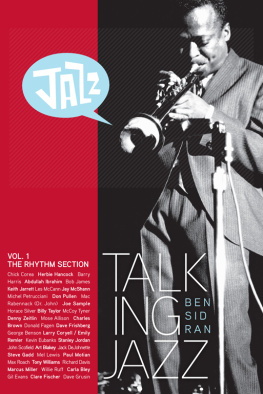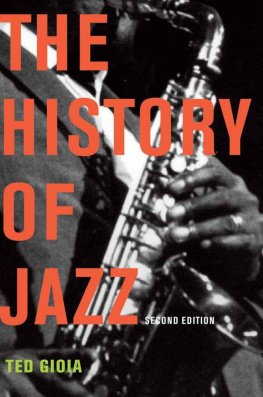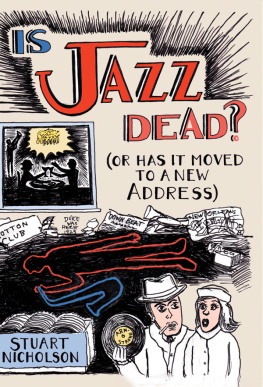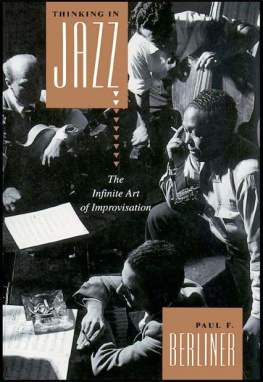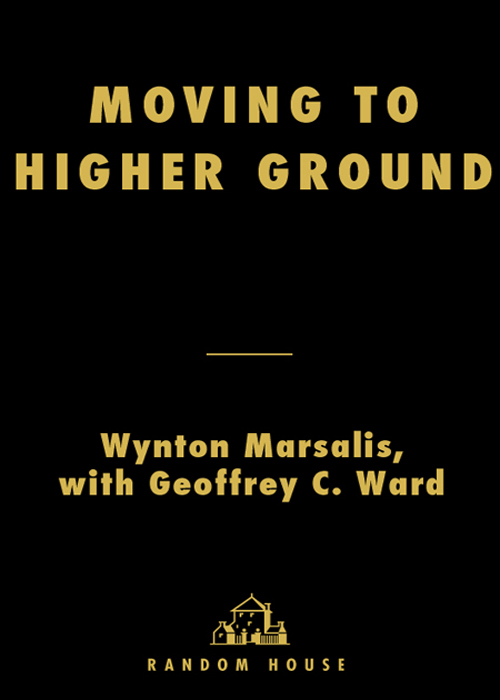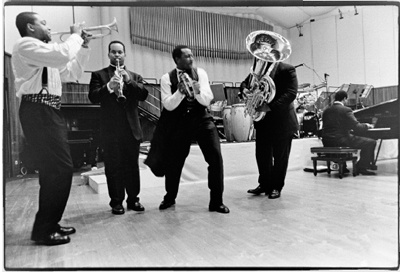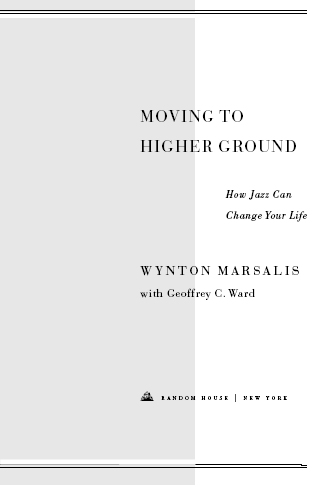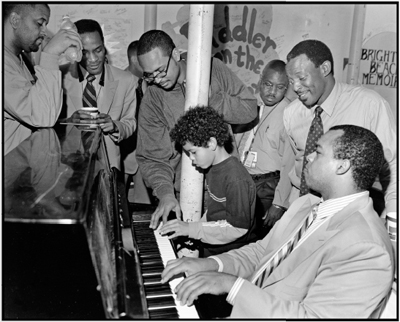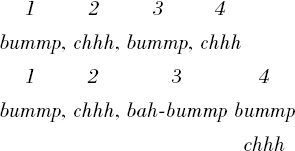Wynton Marsalis - Moving to Higher Ground: How Jazz Can Change Your Life
Here you can read online Wynton Marsalis - Moving to Higher Ground: How Jazz Can Change Your Life full text of the book (entire story) in english for free. Download pdf and epub, get meaning, cover and reviews about this ebook. year: 2008, publisher: Random House Publishing Group, genre: Home and family. Description of the work, (preface) as well as reviews are available. Best literature library LitArk.com created for fans of good reading and offers a wide selection of genres:
Romance novel
Science fiction
Adventure
Detective
Science
History
Home and family
Prose
Art
Politics
Computer
Non-fiction
Religion
Business
Children
Humor
Choose a favorite category and find really read worthwhile books. Enjoy immersion in the world of imagination, feel the emotions of the characters or learn something new for yourself, make an fascinating discovery.

- Book:Moving to Higher Ground: How Jazz Can Change Your Life
- Author:
- Publisher:Random House Publishing Group
- Genre:
- Year:2008
- Rating:3 / 5
- Favourites:Add to favourites
- Your mark:
Moving to Higher Ground: How Jazz Can Change Your Life: summary, description and annotation
We offer to read an annotation, description, summary or preface (depends on what the author of the book "Moving to Higher Ground: How Jazz Can Change Your Life" wrote himself). If you haven't found the necessary information about the book — write in the comments, we will try to find it.
Wynton Marsalis
In this beautiful book, the Pulitzer Prize-winning musician and composer Wynton Marsalis explores jazz and how an understanding of it can lead to deeper, more original ways of being, living, and relatingfor individuals, communities, and nations. Marsalis shows us how to listen to jazz, and through stories about his life and the lessons he has learned from other music greats, he reveals how the central ideas in jazz can influence the way people think and even how they behave with others, changing self, family, and community for the better. At the heart of jazz is the expression of personality and individuality, coupled with an ability to listen to and improvise with others. Jazz as an artand as a way to move people and nations to higher groundis at the core of this unique, illuminating, and inspiring book, a master class on jazz and life by a brilliant American artist.
Advance praise for Moving to Higher Ground
An absolute joy to read. Intimate, knowledgeable, supremely worthy of its subject. In addition to demolishing mediocre, uniformed critics, Moving to Higher Ground is a meaningful contribution to music scholarship.
Toni Morrison
I think it should be in every bookstore, music store, and school in the country.
Tony Bennett
Jazz, for Wynton Marsalis, is nothing less than a search for wisdom. He thinks as forcefully, and as elegantly, as he swings. When he reflects on improvisation, his subject is freedom. When he reflects on harmony, his subject is diversity and conflict and peace. When he reflects on the blues, his subject is sorrow and the mastery of ithow to be happy without being blind. There is philosophy in Marsaliss trumpet, and in this book. Here is the lucid and probing voice of an uncommonly soulful man.
Leon Wieseltier, literary editor, The New Republic
Wynton Marsalis is absolutely the person who should write this book. Here he is, as young as morning, as fresh as dew, and already called one of the jazz greats. He is not only a seer and an exemplary musician, but a poet as well. He informs us that jazz was created, among other things, to expose the hypocrisy and absurdity of racism and other ignorances in our country. Poetry was given to human beings for the same reason. This book could be called How Love Can Change Your Life, for there could be no jazz without love. By love, of course, I do not mean mush, or sentimentality. Love can only exist with courage, and this book could not be written without Wynton Marsaliss courage. He has the courage to make powerful music and to love the music so, that he willingly shares its riches with the entire human family. We are indebted to him.
Maya Angelou
Wynton Marsalis: author's other books
Who wrote Moving to Higher Ground: How Jazz Can Change Your Life? Find out the surname, the name of the author of the book and a list of all author's works by series.

